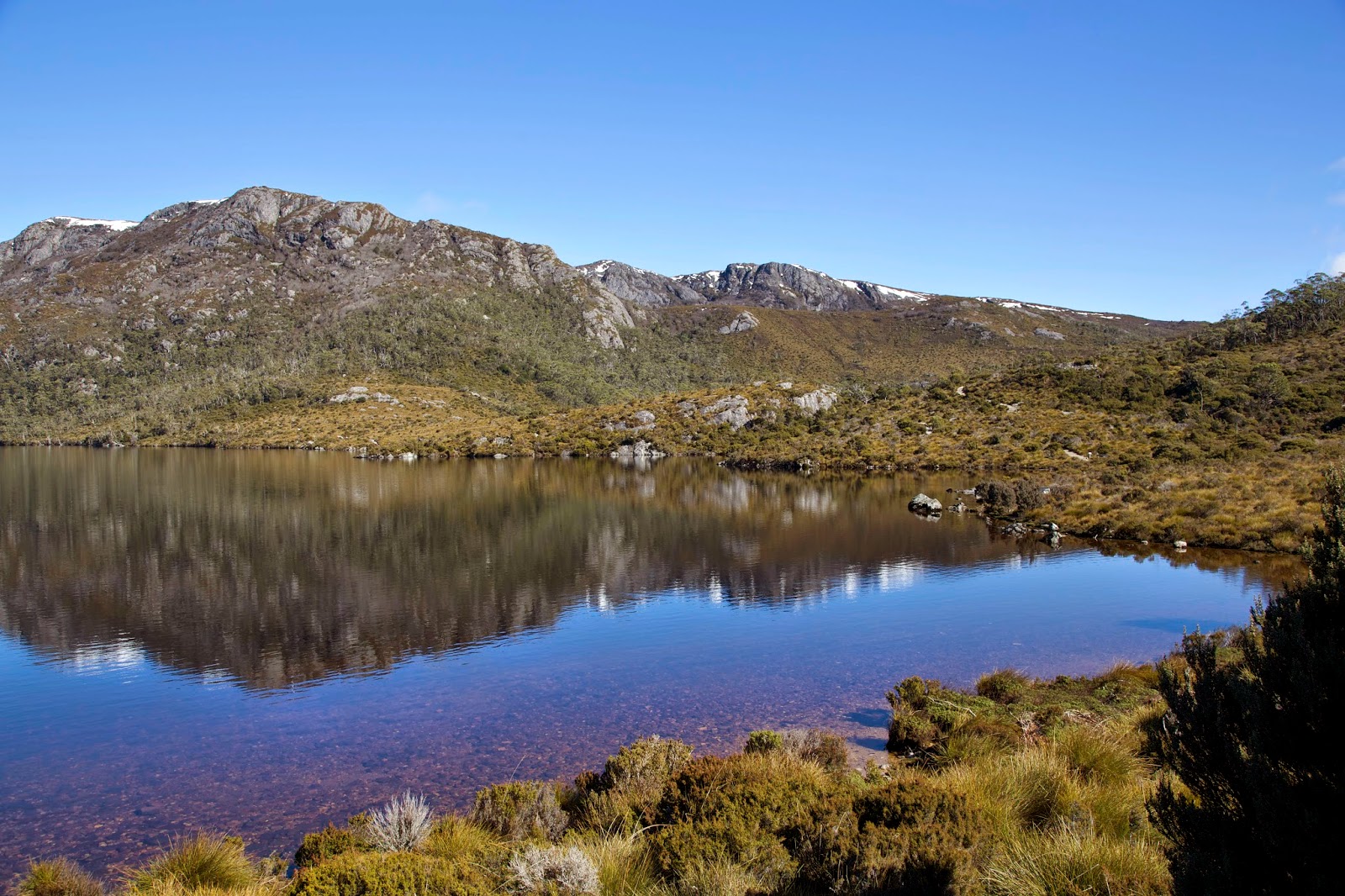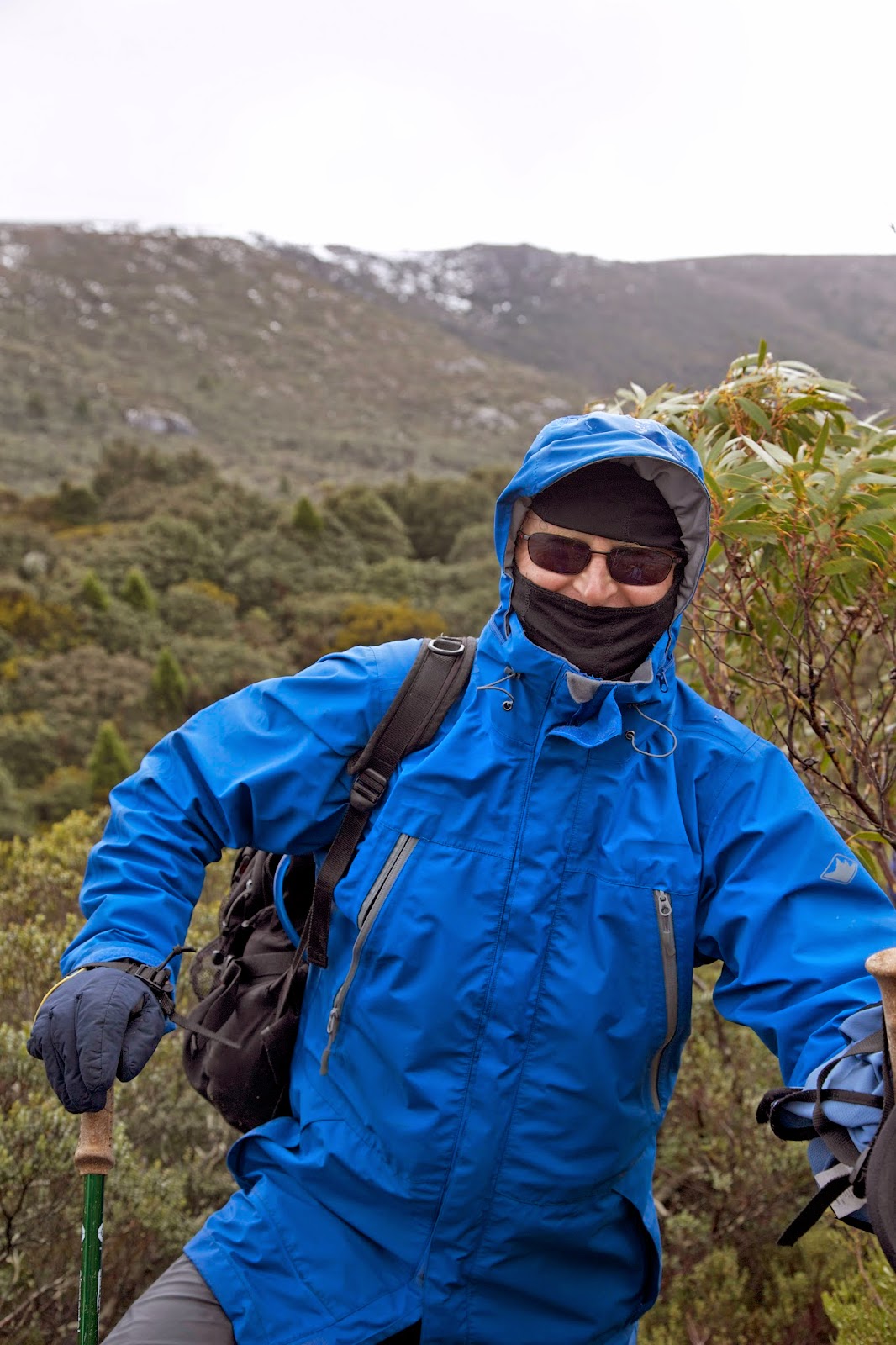 |
[Perfect weather for walking, but will it stay that way?] |
People die
bushwalking. Every year several people shuffle off this mortal coil while
shuffling their boots through the Australian bush.
Our bushwalking retailers,
bushwalking websites and other authorities issue warnings along the lines that “outdoor activities carry their own risks of
injury and death.” They’re trying to tell us that when we lace up our
bushwalking boots and hoist your pack, we’re doing something dangerous.
How dangerous? Well,
it’s as risky as getting in a car; or catching an aeroplane; or going to
hospital; or swimming; or making love; or riding a bike; or sitting on the
toilet; or any of the other common activities that kill a proportion of their
participants. If we wanted to be really paranoid, since most people die in bed,
we might consider avoiding sleeping there.
Having established
that most activities carry risk, wise participants will look for ways to
minimise those risks. Or some might prefer to learn lessons from those who’ve
already made mistakes. I’m in that second category. So I thought I’d offer here
my own far-from-exhaustive list of dumb ways to get into trouble while
bushwalking.
 |
[A gently-flowing Ronny Creek, near Cradle Mt, Tasmania] |
A few caveats: I point out that I have adopted – as one born-to-it – the voice of a dumb (male) walker! Also, although his list
applies to bushwalking in Tasmania, it should be transferable to most
cool/temperate/alpine walking areas. Here then are:
11 Dumb Ways to Die While Bushwalking
1. Don’t take a map
Maps
are expensive, and I’ve got a perfectly good road map after all. And don’t get
me started on how expensive a GPS is! I’ve got my smart-phone, and I’m sure it
has GPS built in. Besides the route is easy to follow - she’ll be right!
2. Don’t carry a tent
There
are huts on this walk, for heaven’s sake! Why would I bother buying a tent that
I won’t even need? Do they think I’m made of money? In an emergency I’ll just
use the bin-liner I’ve got inside my pack.
 |
[Who needs a tent: unless the hut is full] |
3. Ignore weather warnings
I’m
on a tight schedule, so I have to leave today. Besides those bushwalker’s
weather alerts are a bit of an over-reaction, I reckon. I’ve got pretty good
clothing and my bin-liner will keep stuff in my rucksack dry.
4. Wear denim or cotton clothes
If
there’s one thing that drives me crazy about bushwalkers, it’s how incredibly
daggy they look in all that expensive gear they get from those rip-off outdoor
stores! My good ol’ jeans look SOOO
much better, and they’re comfortable. Same with my cotton T-shirt. Okay they
get a bit heavy when they’re wet, but since when did a little moisture kill
anyone?
 |
[Daggy, but effective for cold/wet weather] |
5. Start late in the day
I
believe in flexibility. We had planned to get walking by noon, but that early
lunch turned into a long – and very pleasant - one. And we certainly weren’t
going to leave our beers! Who cares if it’s nearly four o’clock?! We’ve got a
warm inner glow, and a couple of torches to match. We’re up for navigating in
the dark if we have to.
6. Don’t take a PLB
Here’s
another con from the gear stores! A personal locator beacon will set you back
hundreds of dollars. And I hear you have to register with some dodgy-sounding
international organisation. If worse comes to worst, a good old smoke signal
will do the same thing, and it won’t cost you an arm and a leg.
7. Split up from your group
If
you’re lost, there’s a better chance to find the track if you all split up and
go looking. Many hands make light work, and all that. You can always find each
other again by shouting or whistling.
8. When you’re lost, just keep walking
I’ve
got a great sense of direction, so I figure if I just keep looking I’ll
eventually find my way back to the track. My other rule of thumb is to walk
downhill. For one it’s easier, but for another it’ll lead you towards a lake or
the sea, and that’s always good, eh!
9. Don’t leave your trip plans with anyone
As
I said, I like to be flexible, so I never bother leaving my plans with anyone.
Where’s the spontaneity in that? Also, I NEVER
sign any of those damned log books. I don’t want the government knowing my
personal business!
10. Cross that flooded creek no matter what!
I’ve
already told you that a bit of moisture isn’t going to kill you. I’m not one to
let a bit of flowing water intimidate me, or stop me from getting to my
campsite on the other side. Just plunge on in and keep going, I reckon. Anyway
I’m not a bad swimmer.
 |
[A creek crossing: what could possibly go wrong?] |
11. Never underestimate your abilities
I
take learning seriously. It’s very important to think that you can work everything
out on your own. If you stopped to ask for help every time you struck a hard
patch you’d never improve your own abilities. What kind of wimp ever admits
that he’s in trouble?!
* * *
As
you can see, there are a good many dumb ways to die while bushwalking. If you’re
as rigorously gormless as my dumb friend, there’s a good chance you’ll never
even be bothered by the sound of the rescue helicopter. It’ll all be too late.

